Given the explosion of social media for networking, relationship-building, communication and awareness, I’ve been surprised at how few social enterprises seem to be using it specifically to attract and retain customers. The good news is that this is changing, and, well, the more I look the more ventures I come across taking advantage of these new opportunities. Here are some more examples (see also my blog on this topic on 3/12/11):
DC Goodwill Fashionista
Goodwill of Greater Washington has had some solid long-term success from an upbeat blog that promotes fashionable things to purchase at their thrift store. Every day DC Goodwill Fashionista offers something special for sale or tips for getting that special thing for yourself or a friend for a deeply discounted price. And it includes tips on being fashionable that have nothing to do with the Goodwill thrift store, consistent with the social media adage that you have to offer value and fun, not just promote yourself. Here’s what they say about themselves on their website: “Offering the best in vintage and contemporary fashions, plus shopping tips and trends from across the Internet, the DC Goodwill Fashionista Blog is your go-to source for all things stylish. Join the DC Goodwill Fashionista Monday through Friday as she brings you what’s hot in fashion, including Tuesday’s “Goodwill Good Buy of the Week.”
March for Babies
The March of Dimes, whose emphasis is promoting awareness and prevention of prematurely born babies, uses social media occasionally to promote sales of consumer and professional educational materials, for which they have seen some impact but do not track separately. But where they’ve really seen results is using social media to drive participation in their March for Babies walking event every year. They have a separate blog, Twitter feed, and Facebook tab to reach out to and speak to people interested in this topic and this event. This example shows how social media can be used effectively to build awareness and participation in an activity that brings in resources to support the organization’s good work. And in a sense it’s a social enterprise as people “pay” to participate in these walks through the donations they raise.
Good luck!
- Copyright © 2011 Rolfe Larson Associates – 15th Anniversary!
- Author Venture Forth! Endorsed by Paul Newman of Newman’s Own
- Read my weekly blogs on Social Enterprise and Business Planning
This is


